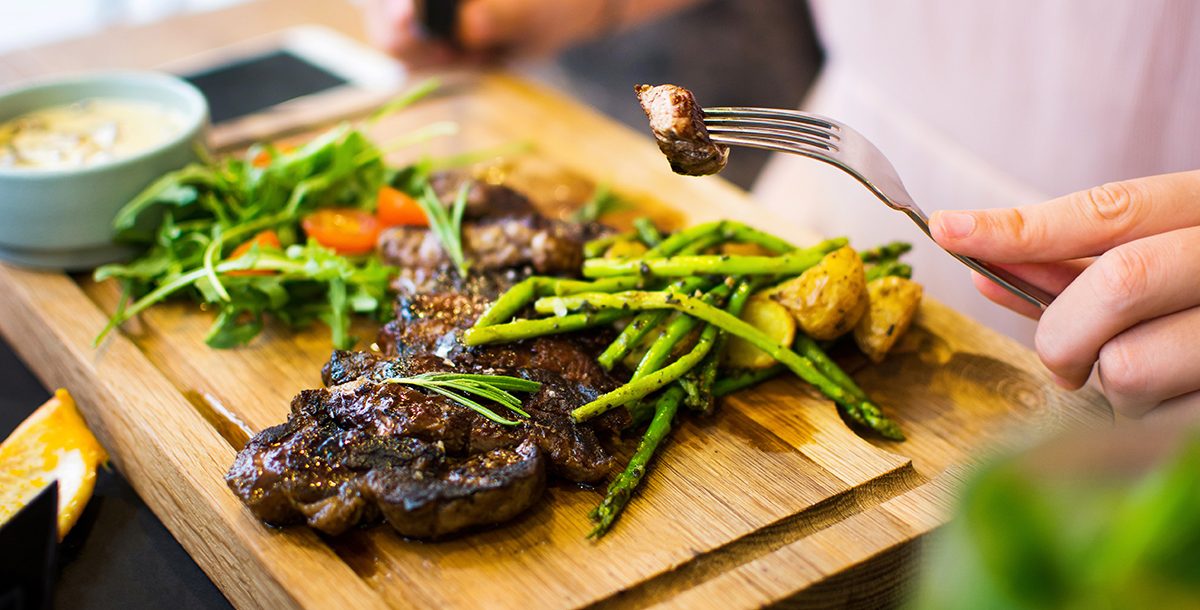Are you looking to lose some weight you may have put on? One habit that can help you reach your goals is to eat foods that are high in protein. But how is protein good for weight loss?
Protein metabolizes slowly in your body. That means your body uses it for energy at a steadier rate. As a result, protein helps you to feel full longer.
Protein comes in many forms, including meat, fish, poultry, dairy, beans and protein powders and shakes. Learn more about sources of protein and how you can integrate this important nutrient into a weight-loss plan.
PLEASE NOTE: before making any major changes to your eating habits, first consult with your primary care provider.
What is protein?
Proteins are amino acids. You need to eat protein so your cells work the way they’re supposed to. Protein helps you stay healthy by building, repairing and producing your:
- Blood cells
- Bones
- Cartilage
- Enzymes
- Hormones
- Muscles
- Skin
- Tissues
You need to eat enough protein for your body to work well. However, too much protein is not ideal for your body. The trick is to find the right balance of protein intake to allow you to feel full and lose weight.
Why does protein make you feel full?
Eating protein reduces your appetite. This can help you take in fewer calories while boosting your metabolism to burn more calories. The reason that protein makes you feel full is partly because it reduces the hunger hormone, ghrelin, that your body produces.
Protein also reduces cravings for sugary foods. That’s likely because it improves and regulates the levels of dopamine in your body. Dopamine is a brain chemical that can boost your mood. Having too much or too little dopamine in your body can cause cravings.
How much protein should you eat?
If you want to lose weight, you set a goal to eat a certain amount of protein per day. About a third of your calories should come from protein-based food for weight loss. Eating that much protein may help you to burn off about 100 more calories a day. However, the right amount of protein for you will largely depend on your level of activity, age, muscle mass and overall health.
Another guideline is that the quality of the protein you eat matters, too. Eating slabs of protein-rich yet fatty bacon and burgers every day can do damage to your body. Focus on eating proteins like chicken and fish, which have healthy fats.
What are the risks of too much protein?
High-protein diets, like the Atkins, Paleo and keto diets, are popular because they help keep you feeling full. They also allow you to eat fats. However, there are also well-documented risks to following these diets for a long period.
Some of the unintended consequences of eating a high-protein diet include:
- Bone loss, though it’s unclear how protein causes calcium deficiencies
- Cancer and heart disease risks, especially from eating excess red meat
- Constipation from not eating enough fiber
- Diarrhea from eating too many dairy-protein and fried foods
- Kidney damage as your body tries to eliminate excess amino acids in proteins
- Weight gain from eating too many calories
Learn more about the nutrition services we offer at Bon Secours.





